
World
16:33, 22-Jan-2018
Jamaica declares emergency over rising violence; tourists urged to stay indoors
CGTN
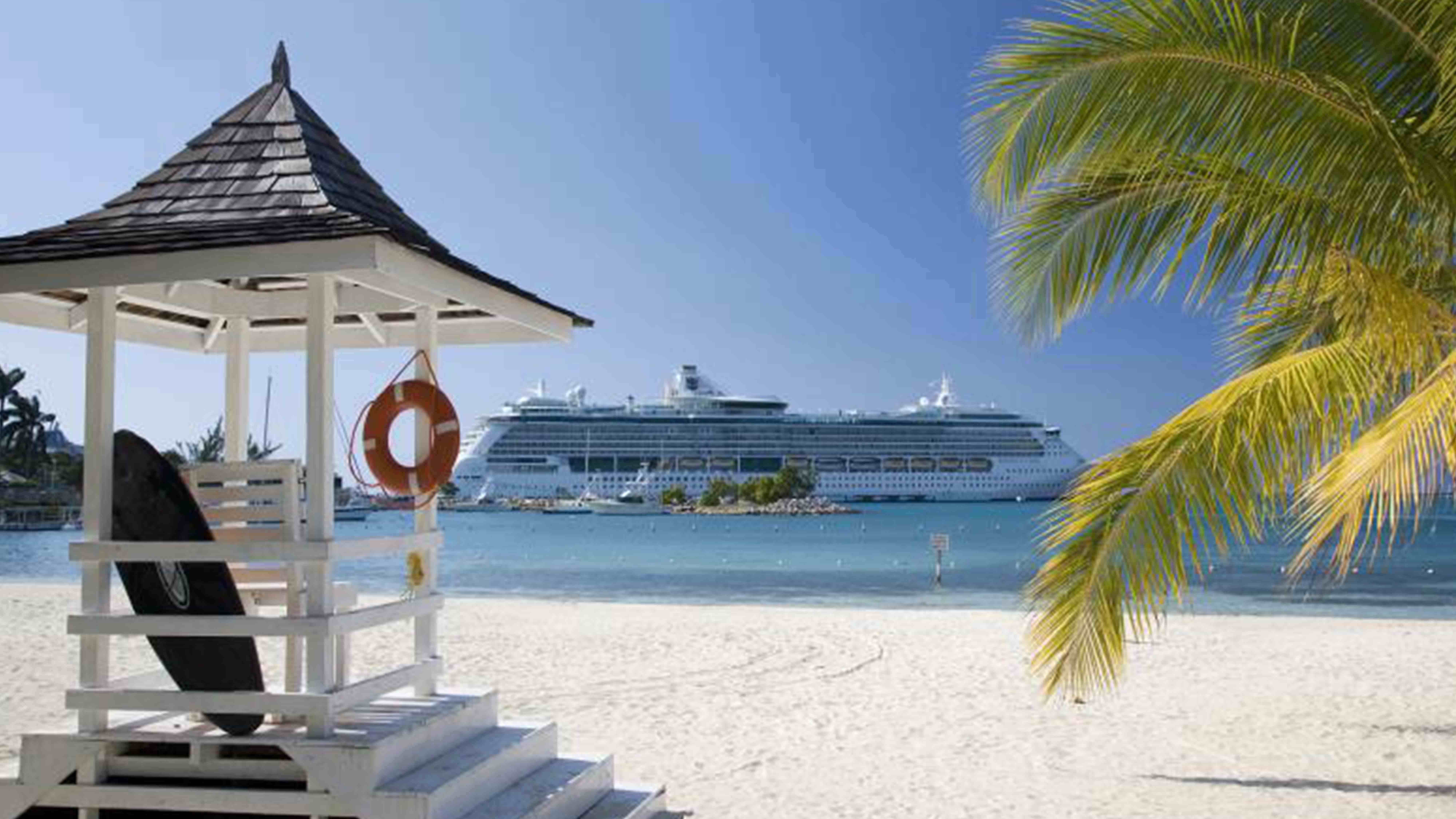
Tourists in Jamaica have been urged to remain indoors after a state of emergency was declared over the weekend on parts of the Caribbean island, including the popular resort town of Montego Bay, amid a wave of violent crimes.
“I have been advised by the security forces, in writing, that the level of criminal activity experienced, continued and threatened, is of such a nature and so extensive in scale as to endanger public safety,” said Jamaica’s Prime Minister Andrew Holness in a statement, announcing the state of emergency that will last until Feb. 15 in St. James Parish, which is home to the popular Montego Bay.
In recent months, the parish has seen a substantial increase in violence, fueled by fighting over drugs, illegal weapons and lottery scams that target elderly people in the US.
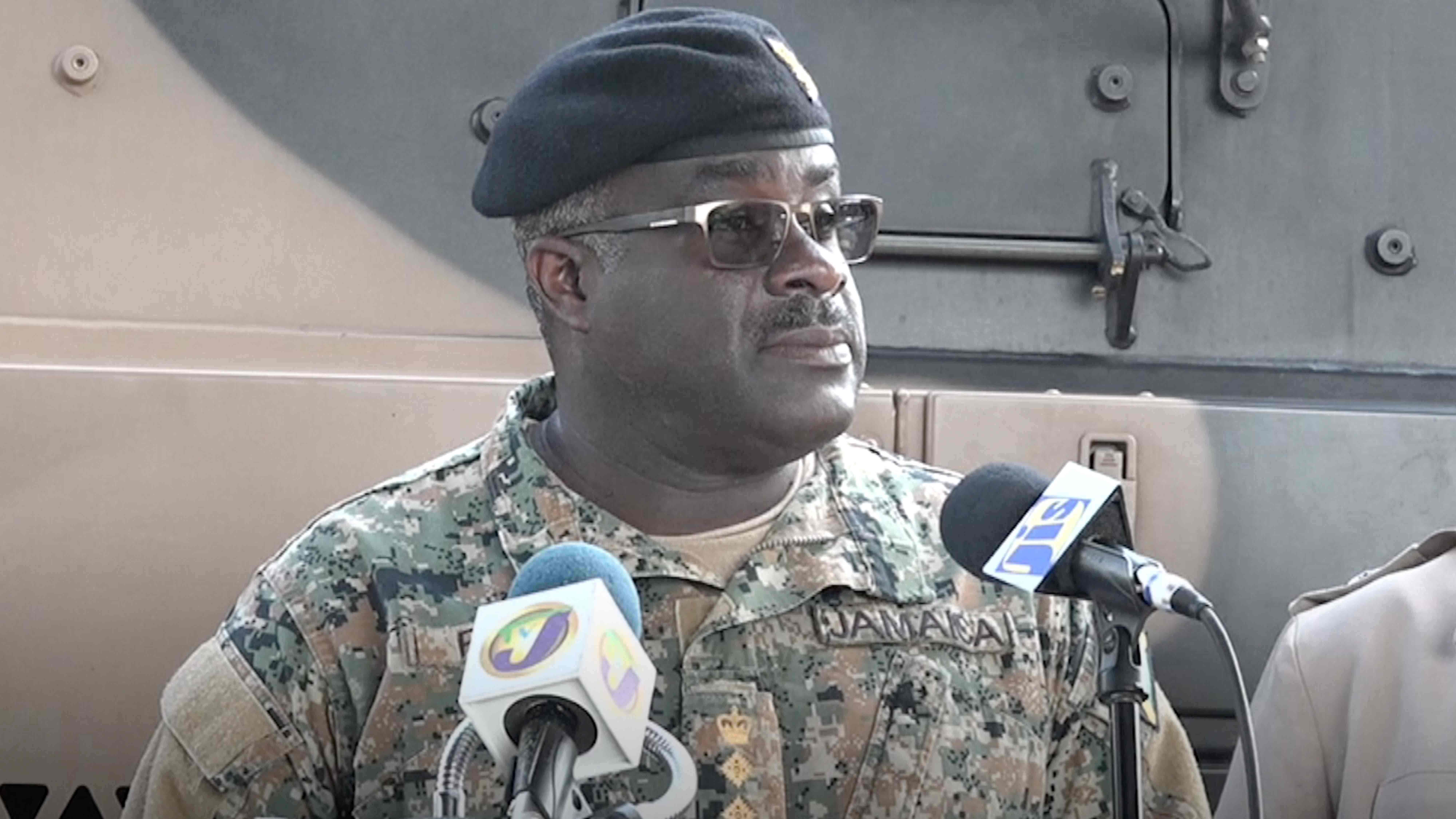
"The parish of St. James has seen rising levels of criminality as murders, shootings, extortion, illicit drugs, illegal guns, lotto scamming and general lawlessness have gone to record levels. Over 335 murders were committed in the parish last year and already we have seen seven murders over the first 20 days of 2018," Colonel Daniel Pryce, Inspector General for the Jamaica Defense Force, said on Saturday.
The defense force has moved in against the organized crime syndicate. Asserting that the state of emergency will give the security forces additional power to search, arrest, and temporary detention, Pryce said: “During this period, we will be temporarily abridging individuals' rights in order to facilitate the security forces and their search for gang members, scammers, wanted men, persons of interest, and other criminals as well as the guns and ammunition."
The announcement of emergency was followed by deployment of thousands of members of the military and police in the city of 200,000, home to some of the biggest and most luxurious resorts on the island.
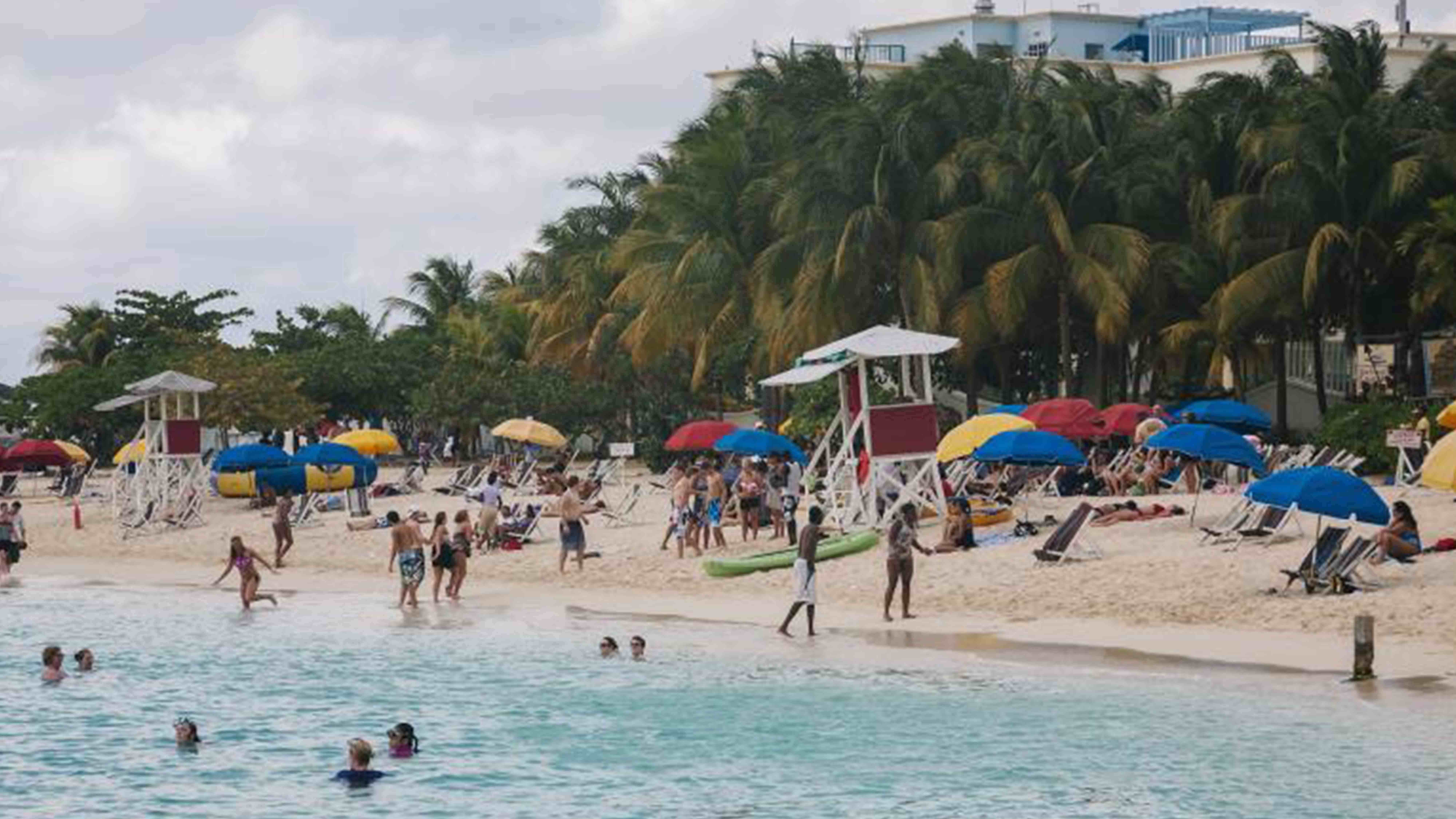
"We are aware that law abiding citizens in St. James will have concerns about high concentrations of soldiers and police in the area. I say to them that our soldiers and police officers are trained to be professional in executing their duties and will give due regard to human rights and the dignity of our fellow Jamaicans and that we are committed to do," Pryce assured.
Businesses and recreational areas are under a temporary curfew, and the state of emergency allows them to search areas without a warrant. Authorities have also imposed a curfew in parts of St. Catherine Parish located just west of the capital of Kingston.
The move came days after the United States upgraded its travel advisory to its citizens. Canada and Great Britain issued warnings following the declaration of emergency. "You should limit your movements outside of resorts in the area at this time, and exercise particular care if traveling at night," Britain's foreign office said on its website.
Following the imposition of emergency, the UK and Canada updated their travel warnings to Jamaica, advising visitors to “exercise a high degree of caution.”
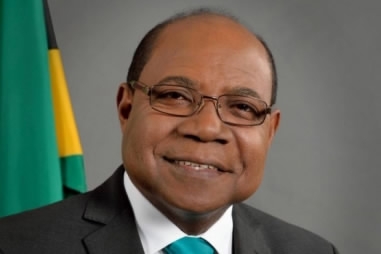
Jamaica's Minister of Tourism Edmund Bartlett. /Photo via Jamaican Ministry of Tourism
Jamaica's Minister of Tourism Edmund Bartlett. /Photo via Jamaican Ministry of Tourism
Jamaican Tourism Minister Edmund Bartlett, in response to the travel warnings, asserted that the island nation remained safe for visitors even after the state of emergency.
“These enhanced security measures are not out of the ordinary in international tourism markets and therefore would be understood by visitors and welcomed by residents,” said Bartlett, adding: “All members of the tourism fraternity have given their full support to the measure and are feeling that these actions are welcome to ensure the safety of Jamaica’s guests and citizens.”
Contrary to the international advisory, the minister said that there is “no need for the tourists to modify movements as restrictions in the stated areas should not adversely impact law abiding persons.”
Earlier last week, Holness had said his government had "reached the point where we are now prepared to take these firm and resolute measures to ensure that the crime monster does not destabilize the promising future that is in store for Jamaica."
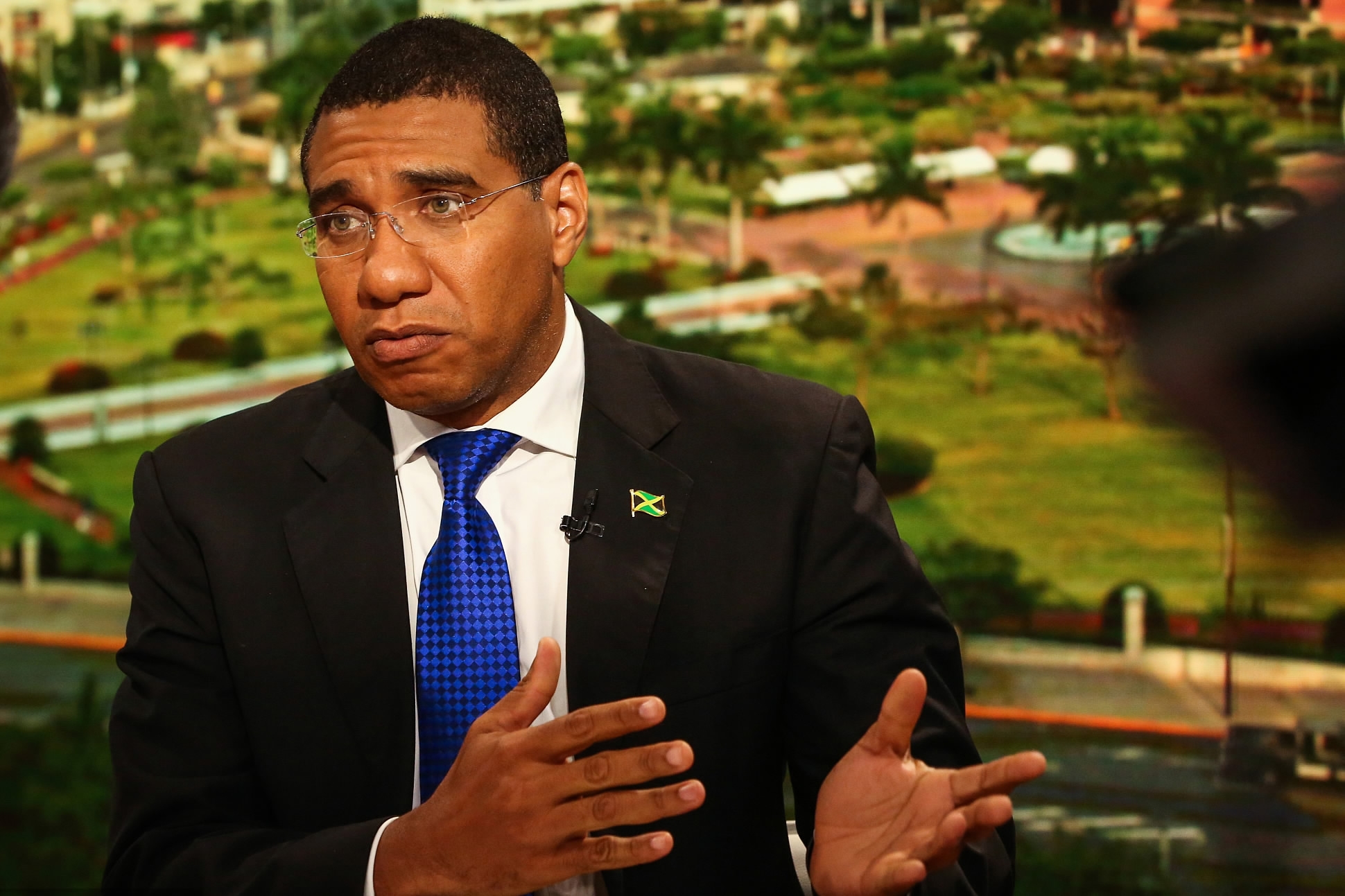
Jamaican Prime Minister Andrew Holness during a Bloomberg Television interview in New York, US, on Thursday, September 22, 2016. /VCG Photo
Jamaican Prime Minister Andrew Holness during a Bloomberg Television interview in New York, US, on Thursday, September 22, 2016. /VCG Photo
He added that under the state of public emergency, the security forces will have extraordinary powers, and some rights will be suspended, but said it did not mean that force would be arbitrary or beyond review.
Fitz Jackson, a spokesman for the opposition, said his People's National Party "lends qualified support to this effort and will await the regulations governing the operations of the state of emergency which are required to be placed before the Parliament."
The move was also supported by the Jamaica Chamber of Commerce, citing the danger violence represents to the tourism-dependent economy.
A total of 4.3 million international tourists visited Jamaica in 2017, of which around 200,000 were from Britain. Official figures also suggest that one in 10,000 visitors to Jamaica have had to suffer a crime.
(With input from agencies)
13371km

SITEMAP
Copyright © 2018 CGTN. Beijing ICP prepared NO.16065310-3
Copyright © 2018 CGTN. Beijing ICP prepared NO.16065310-3